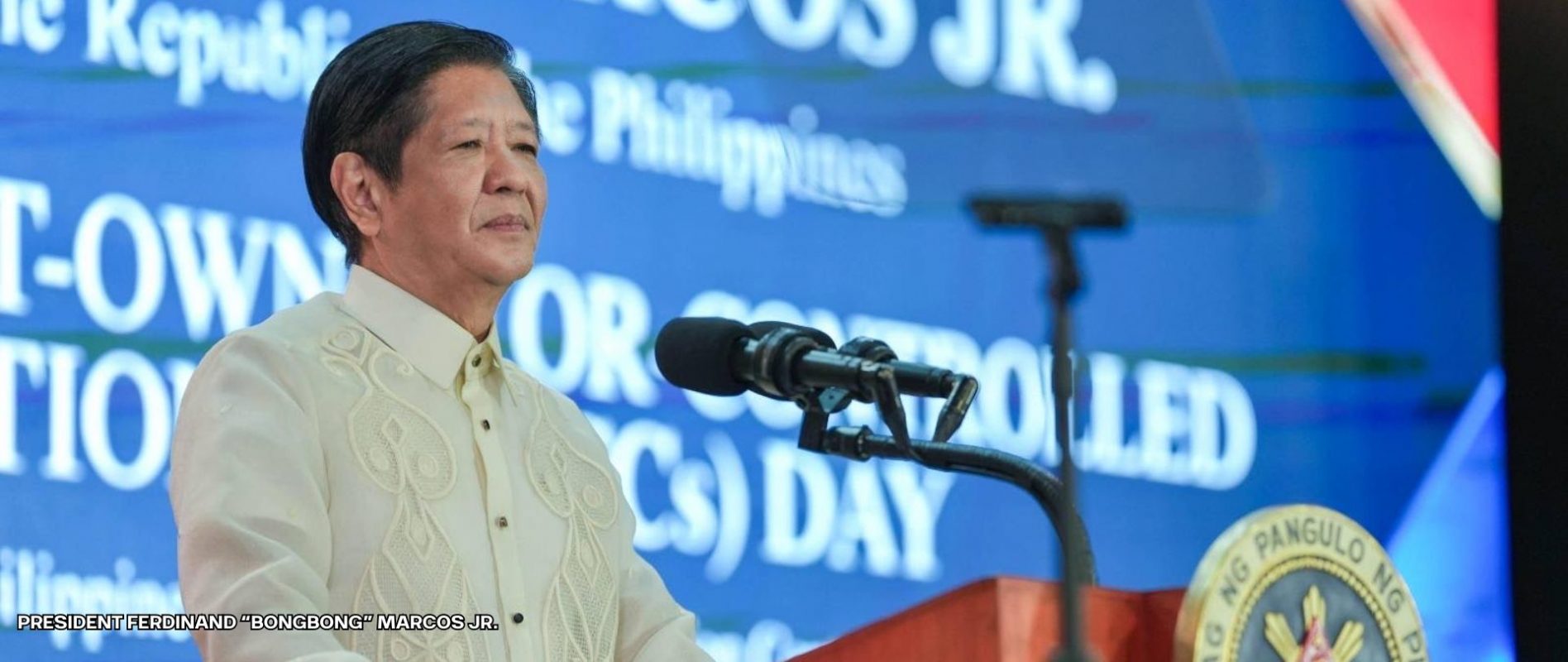TESDA: TVET CAN’T BE MISSED IN GREEN ECONOMY
THE TECHNICAL Education and Skills Development Authority underscored the importance of Technical Vocational Education and Training in pursuing a green economy.
In his message at the TESDA Women’s Center’s Green TVET Forum last week, Director General Danilo Cruz said TESDA initiated programs that promote environmental protection, sustain biodiversity, and minimize, if not prevent, environmental degradation.
“Green economy means we practice low carbon, efficient use of resources, and promote social inclusion and economic growth. TESDA has initiated efforts in implementing the greening of the TVET sector through the inclusion of green policies and initiatives to the training regulations,” he said.
Four years ago, TESDA issued Circular No. 58 defining guidelines for Greening the TVET system in the country, resulting in the formulation and implementation of TESDA’s training regulations aimed to promote green technology.
Among these training regulations are pest management, photovoltaic systems, hydroponics, vertical gardening, carbon emissions, and seaweed farming.
TESDA, through its Green Technology Center, has been very active in the undertaking.
Cruz also urged forum participants to further promote greening in TVET in their own communities.
“I am confident that through our efforts and commitments as well as both the public and private sectors could contribute to the government’s goal of promoting a green economy that fosters social and environmental sustainability,” he said.
TESDA Deputy Director General Aniceto Bertiz III said green strategies will “help to transform trainees’ learning and training environments, allowing them to fulfill their role in skilling learners, upskilling professionals in green job sectors, and re-skilling those affected by job losses due to the changes in our environment and society.”
“Our Greening TVET initiatives will never stop in developing a culture of sustainable practices in TVET and facilitating the transition to climate-resilient societies, improved resource efficiency, and a circular economy,” he added














